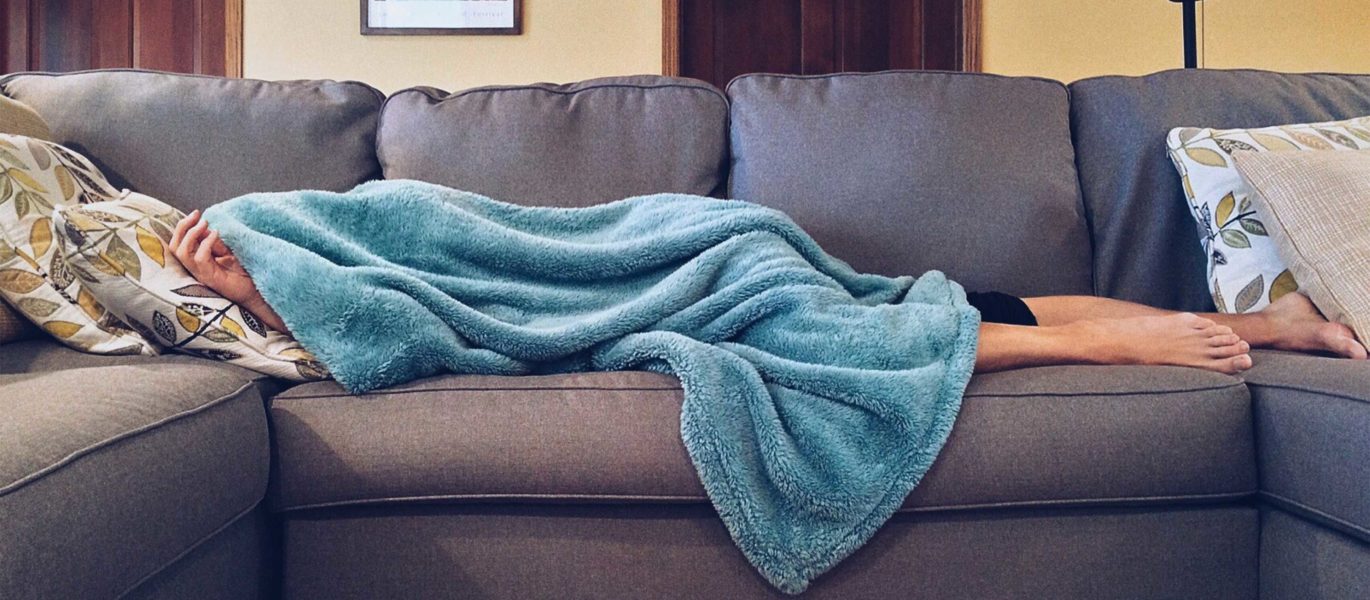Here’s a whole-health tidbit we think you’ll welcome: Sleep is foundational to mental wellness. It’s the regulator and mediator of your emotions. It’s also the gatekeeper to your physical health.
Sleep deprivation, on the other hand, isn’t good.
As the body’s maintenance mode, sleep provides time for healing, cleansing and building. Without it, emotional regulation, memory and logic can suffer.
Here’s even more good news: One good night’s rest can help you reset and capitalize on the benefits of better sleep.
Emotional Stability
Sleep acts as an emotional regulator.
Sleep deprivation, which takes hold anytime you get less than seven hours of sleep — but even more so with less than six — affects the brain’s emotional processing center, called the amygdala. Without enough rest, this part of the brain becomes hypersensitive to negative stimulation.
Another important area of the brain, the prefrontal cortex, also changes how it functions. This area applies logic and reasoning to your emotions, but when you’re low on sleep, activity in this part of the brain goes down.
Increased irritability, aggression, and anxiety are often the emotional results of inadequate sleep. The overall effect can intensify chronic stress in a cycle that further disrupts the sleep.
Proper Brain Maintenance
More than emotions are at stake during sleep deprivation. While you sleep, the glymphatic system goes to work cleansing the brain of proteins and toxins that build up during the day. This system becomes 90 percent more active while you sleep.
Poor sleep or a shortened sleep cycle leaves toxins in place where they can disrupt communication to affect memory, recall and reaction times.
Confidence and Body Image
Lack of sleep causes the body to release increased amounts of hunger hormone and less satiety hormone. Consequently, poor sleep has been connected to obesity, diabetes, high blood pressure, and heart disease.
The brain’s rewards center also gets a bigger “hit” from sugary and high fat foods when you’re tired. Increased cravings for these unhealthy foods adds fuel to the propensity to overeat, which comes with sleep deprivation.
Living for Better Sleep and Mental Wellness
Whether caffeine, anxiety, menopause or something else entirely is the culprit, we’re all guilty of giving up some ZZZs. Small changes may make a big difference to your sleep success, so build consistency into your life and give yourself the gift of better sleep.
The length and depth of your sleep cycle are largely determined by your sleep environment and sleep-related habits. That gives you the power to support and improve your sleep quality by changing your behavior.
Here are our best tips for combatting sleep deprivation.
- Train Your Brain: Go to bed and wake up at the same time every day, including weekends. Your body follows the Earth’s day/night pattern, but it also uses your pattern of behavior to time the sleep cycle. Consistency not only trains your brain when to start the sleep cycle, but also helps your body readily respond.
- Design a Routine: A bedtime routine can help anyone fall asleep faster, but especially those who struggle with insomnia. Activities like reading a book, taking a warm bath, or a short meditation or yoga session are excellent choices to relieve stress. Perform the routine in the same order and start it at the same time each day.
- Get Comfortable: All the routine and consistency in the world won’t help if you’re not comfortable. Turn down the thermostat, block out all light, and keep the bedroom as quiet as possible. Your mattress should help keep your spine aligned while you’re in your preferred sleep position. If it’s lumpy or saggy, it’s not doing its job, and it’s time to go shopping.



 3 min read
3 min read


